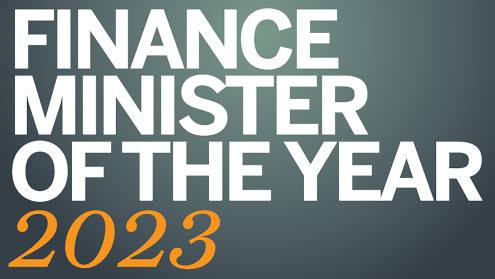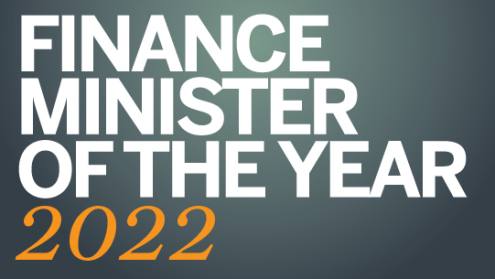Making an exception to our rules, The Banker decided to award the Latin America title to a finance minister not currently in place. Maria Antonieta Del Cid de Bonilla led Guatemala’s Ministry of Finance from 2004 until the end of 2006, when she was appointed president of the country’s central bank.
While finance minister, Ms Del Cid de Bonilla presided over a period of macroeconomic stability, oversaw fiscal tightening, improved the policy mix and introduced reforms to strengthen the banking sector. Furthermore, inflation has slowed despite the pressure of high oil prices, and official reserves have risen to record levels.
The pro-business administration of president Oscar Berger has been fertile ground for reforms. The government introduced a tax reform in June 2004 that helped foster the conditions for private-sector credit growth, which has been expanding rapidly in 2006.
Tax evasion is still a problem in Guatemala and the anti-tax evasion law approved last year helped to support revenue growth. It also partly mitigated the negative fiscal impact of the reduction in import tariffs resulting from the implementation of the free trade agreement between the US, central American countries and the Dominican Republic.
Such reforms are achievements any finance minister would be proud of. In this case, obtaining them required an even bigger effort, as the government did not enjoy a clear majority in the country’s congress.
“Given the composition of Congress in Guatemala, with no political party having a majority, among my main challenges was to build necessary consensus for the approval of both the 2006 budget and its financing – including two fast disbursing loans from multilateral banks – and the law for the strengthening of tax administration aims at fighting fiscal evasion and loopholes”, says Ms Del Cid de Bonilla.
“Another important challenge was to accommodate extraordinary expenditure stemming from the damages caused by tropical storm Stan within a framework of fiscal discipline. As a result, up to November the primary balance registered a surplus of 0.3% of GDP and the fiscal deficit reached only 0.8%. Continuing to strengthen transparency in public expenditure was another goal.
To this end, the government developed an internet-based information system (Integrated System for Financial Administration) that consolidates all the registries of financial resources, facilitating the control and auditing of public expenditure. In the past year, the number of local governments using this system increased from 50 (out of 330) to 120, while the number of decentralised entities increased from 21 (out of 42) to 32. Given the autonomy of both local governments and decentralised institutions, it has been a challenge to convince them about the benefits of the system.”
“My plans [as president of the Central Bank and the Monetary Board] in the near future are to promote the necessary policies and measures for keeping inflation under control and for strengthening further the financial system.”











